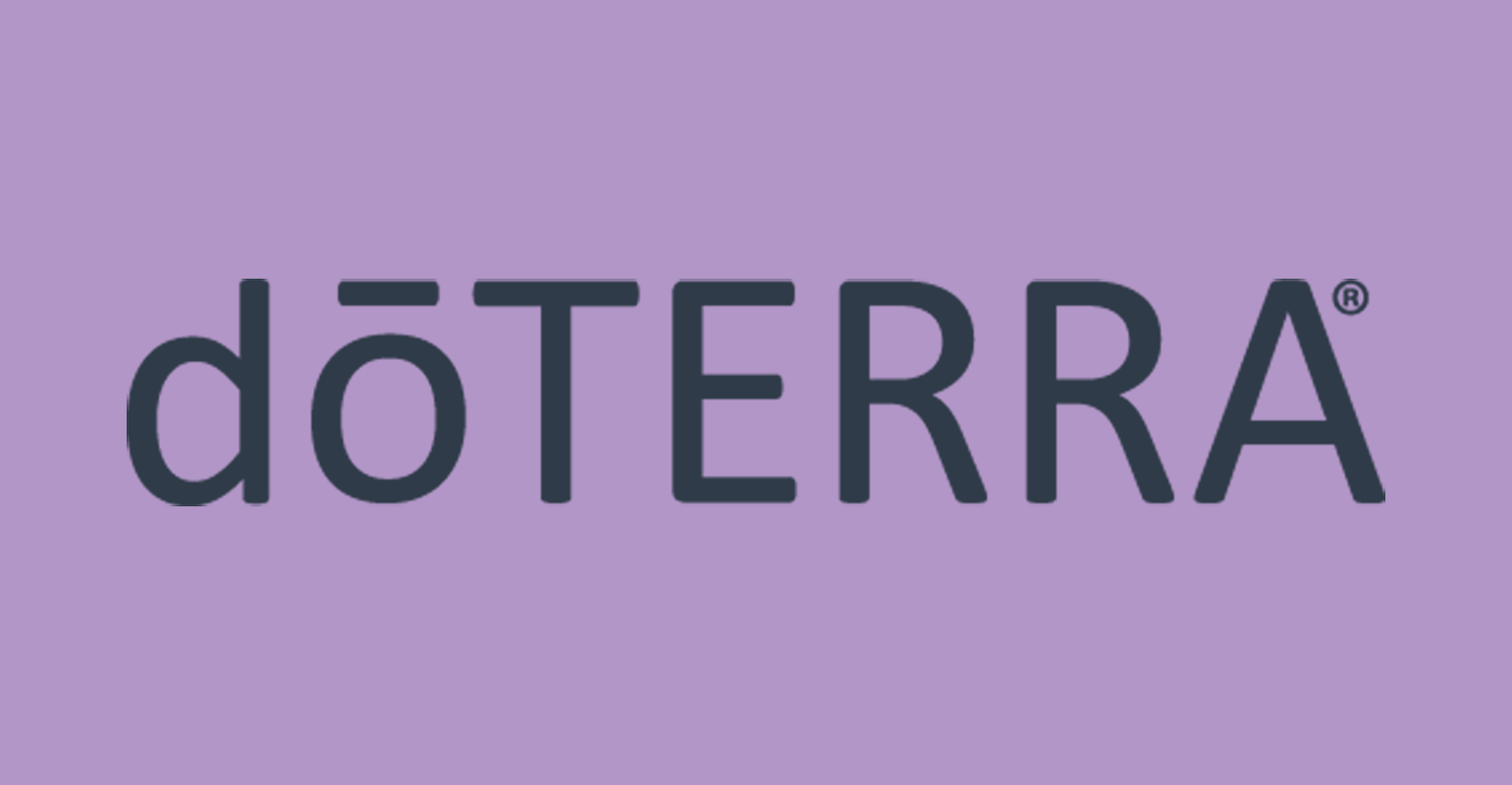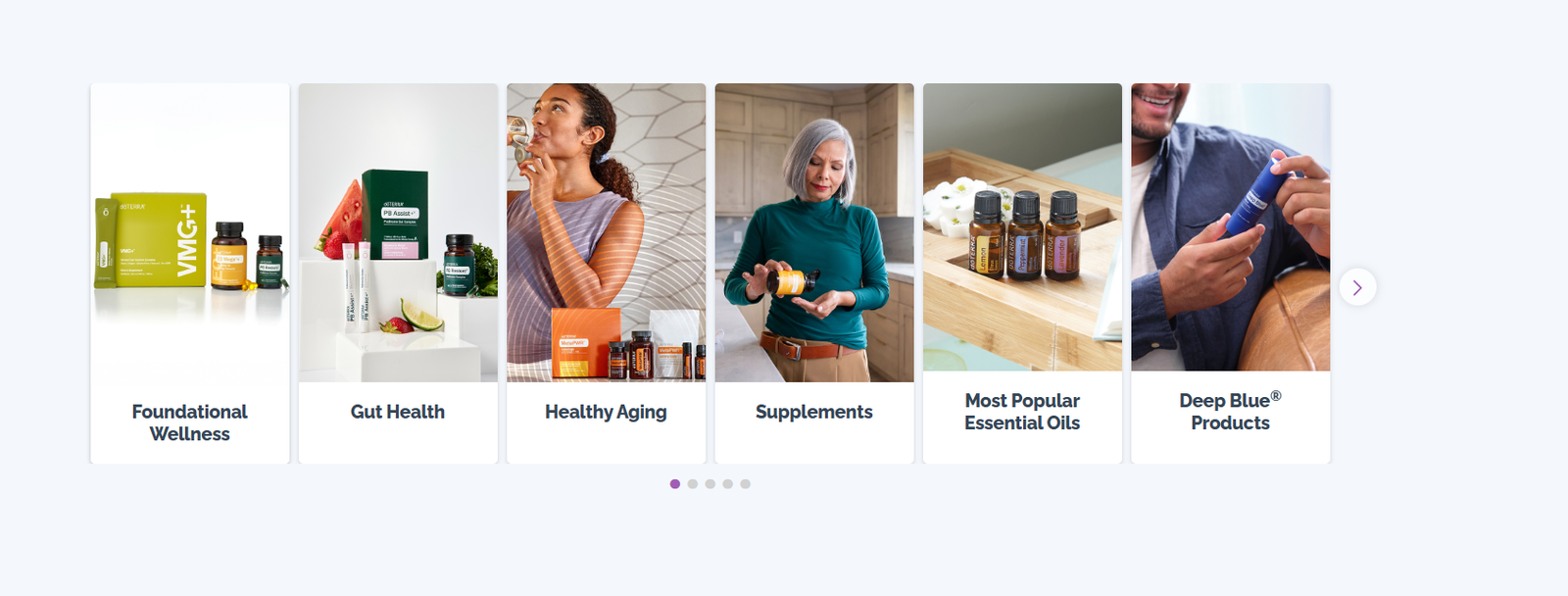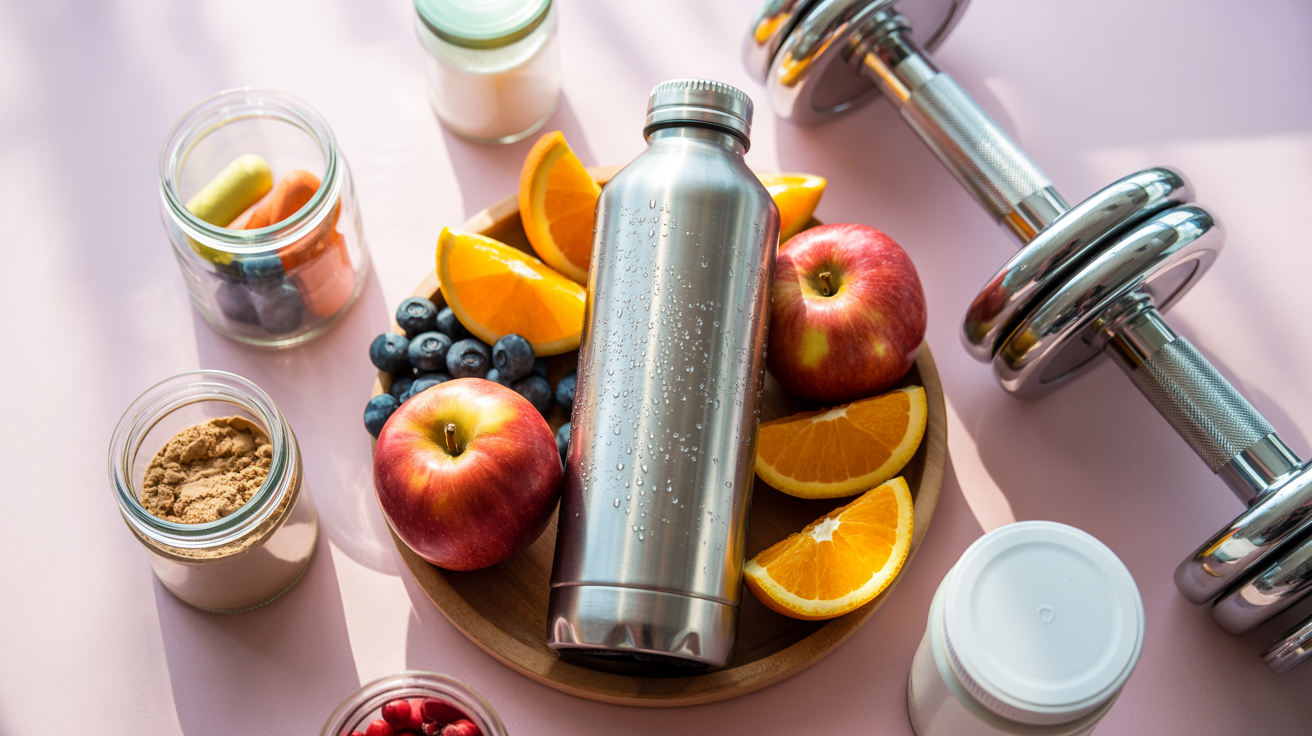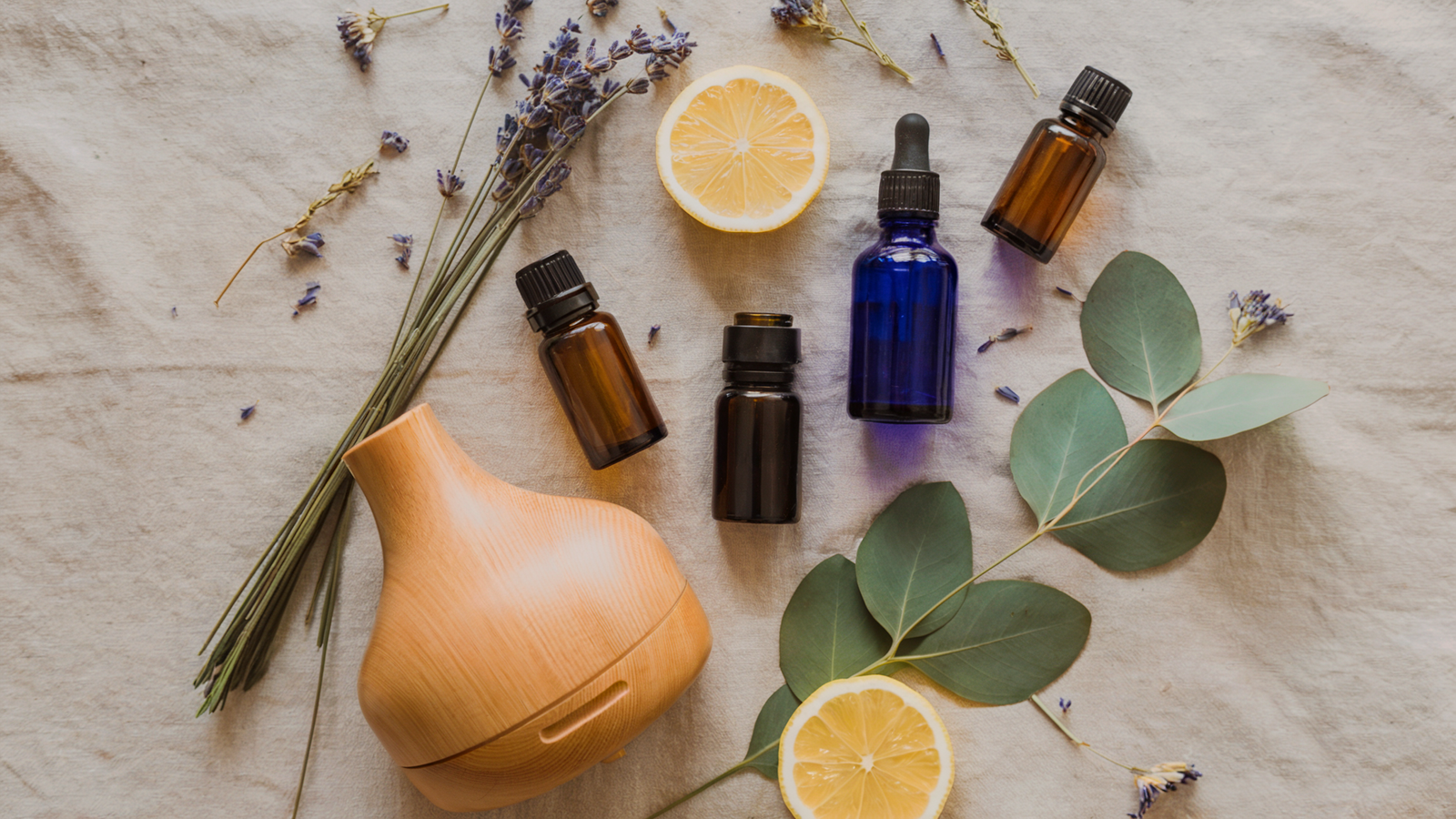doTERRA Review: Is It Worth Your Money in 2025
1. First Words
Welcome to the doTERRA review article!
Essential oils. Healing scents. Wellness in a bottle. For millions around the world, they’ve become a daily ritual — a way to breathe deeper, sleep better, live calmer.
At the center of this aromatic revolution is a name you’ve likely heard: doTERRA.
Praised for its purity, marketed through passionate ambassadors, and sold via a controversial MLM model — doTERRA isn’t just a brand. It’s a movement. A lifestyle. And to some, a red flag.
But here’s the question:
Is doTERRA genuinely delivering therapeutic-grade excellence… or selling overpriced dreams in tiny glass bottles?
In this review, we’re peeling back the layers.
You’ll get real talk — not hype.
A clear look at the products, the business model, and whether either is worth your time, your trust, or your wallet.
Let’s dive in — and sniff out the truth.

2. The Problem: Too Many Oils, Too Little Truth
The wellness industry is booming — essential oils are everywhere. From yoga moms to TikTok influencers, it seems like everyone is diffusing something that promises to change your life.
But here’s the problem:
Not all oils are created equal.
With dozens of brands shouting for attention, flashy marketing, and buzzwords like “therapeutic grade” thrown around like confetti, it’s hard to know who to trust.
Enter doTERRA.
They claim purity. They promise results. They charge premium prices.
And yet — many are left wondering:
- Are these oils actually effective?
- Is the quality truly superior?
- Or is it all just clever branding wrapped in a lavender-scented bow?
Add to that the fact that doTERRA operates through a multi-level marketing structure, and the skepticism only grows. Now it’s not just about wellness — it’s about money. Recruitment. Incentives. And sometimes… pressure.
When something is marketed as a miracle but sold like a business opportunity, people start to question.
And rightfully so.
3. The Agitation: When Wellness Becomes a Sales Pitch
Imagine this:
You buy a bottle of essential oil — maybe lavender, maybe peppermint. It smells great. It feels natural. But then, just days later, a well-meaning friend messages you:
“Hey! Have you thought about becoming a doTERRA Wellness Advocate? You could totally make money doing this!”
Suddenly, what started as a personal health choice morphs into a business proposition.
You’re invited to webinars. You’re added to Facebook groups. You’re told you can “build a team,” “unlock bonuses,” and “live your best life” — all by selling oils to your friends and family.
And if you hesitate?
You might hear: “You just don’t believe in yourself enough.”
Let’s pause.
This is where the doTERRA experience starts to split.
Some people love the products — genuinely.
Others feel pressured, overwhelmed, or even misled.
The truth? Most MLM participants don’t earn a profit. Many lose money. Some end up with boxes of unsold oils collecting dust.
Worse still, health claims made by enthusiastic sellers often stretch scientific credibility. “This oil cured my migraines.” “That blend boosted my immunity.” It can feel more like folklore than fact.
So what do you do when the line between healing and hustling gets blurry?
You ask questions. Hard ones.
And that’s exactly what we’re doing next.
4. The Solution: Cutting Through the Hype
So, let’s clear the mist — eucalyptus-scented or not.
Despite the noise, doTERRA isn’t all smoke and mirrors. The company, founded in 2008, built its name on a bold promise:
Pure, potent essential oils — no fillers, no shortcuts.
And to their credit, doTERRA puts a lot of effort into quality control. Their proprietary testing process, CPTG® (Certified Pure Tested Grade), is marketed as the gold standard. Independent labs, third-party verification, and transparency — these are big claims, and they resonate with consumers who want the best.
But here’s the truth:
There is no universally recognized “therapeutic grade” standard in the essential oil industry. The term sounds official, but it’s not regulated.
That doesn’t mean the oils are bad — just that the term isn’t backed by any global certification. You’re relying on doTERRA’s internal standards and branding.
And what about the business model?
It depends on what you’re looking for.
If you want to use the products and can afford them, great. They smell amazing. They can help with mood, focus, and even some minor reliefs — when used responsibly.
But if you’re considering joining as a distributor, pause.
Ask yourself:
- Do I have the time, network, and energy to sell?
- Am I okay with making little to no money at first — or ever?
- Am I joining because I love the oils, or because I was sold a dream?
The solution isn’t one-size-fits-all.
It’s about alignment — with your values, your goals, and your budget.
Buy the oil if it helps you breathe easier.
Skip the hustle if it makes you feel uncomfortable.
Because real wellness doesn’t come from pressure. It comes from peace.
5. Product Breakdown: What’s Inside the Bottle?
Let’s talk oils. After all, that’s what this is supposed to be about — not compensation plans or sales pitches.
🪔 The Classics
doTERRA’s lineup includes the usual suspects:
- Lavender – calming, relaxing, a bedtime favorite
- Peppermint – sharp, energizing, clears the mind (and sinuses)
- Lemon – fresh, zesty, perfect for diffusers and DIY cleaners
- Frankincense – the king of oils, praised for its grounding effect and immune support
These are high-quality. No question. Many users swear by them — not just because of scent, but how they feel after use.
But then come the blends — curated mixtures like:
- On Guard – for immune support
- Breathe – for respiratory ease
- Deep Blue – for sore muscles and joint pain
They’re cleverly named. Beautifully packaged. Easy to love.
💵 But Here’s the Catch: The Price
One 15ml bottle of Frankincense?
That’ll set you back $90+ USD.
Yes, you read that right.
While quality is there, the pricing makes many people flinch — especially when you realize that comparable oils from reputable (non-MLM) companies can cost 30–50% less.
And while doTERRA claims its CPTG testing ensures unmatched purity, other companies also use third-party testing — just without the same marketing budget.
🤔 So, Are the Products Worth It?
If you love essential oils and want the best, doTERRA delivers in terms of presentation, scent quality, and consistency.
But if you’re just getting started, or if you’re budget-conscious, you might wonder:
“Am I paying for purity — or branding?”
The answer lies somewhere in the middle.
6. The Business Side: Can You Actually Make Money with doTERRA?
Let’s shift gears.
So far, we’ve talked oils. Now it’s time to talk opportunity — because doTERRA isn’t just selling scents.
They’re selling a dream.
A dream of freedom.
Of flexible income.
Of working from home with a diffuser misting quietly in the background while you sip herbal tea in yoga pants.
Sounds nice, right?
But let’s get real.
💼 The MLM Model – How It Works
doTERRA uses a multi-level marketing (MLM) structure. Here’s the short version:
- You buy products — usually in bundles or “starter kits”
- You become a Wellness Advocate
- You earn a commission by selling oils to others
- You make more money by recruiting people under you, who then sell and recruit more people under them
In theory:
The more people in your “downline,” the more passive income you earn.
In practice? It’s a different story.
📉 The Harsh Truth About MLM Earnings
According to available data and income disclosure statements, most doTERRA distributors:
- Make little to no profit
- Spend more on products than they earn
- Quit within the first year
Top earners do exist — but they’re the rare exception, not the rule. Usually, they’re the ones who got in early, had a large network, or treat it like a full-time sales job.
Meanwhile, others are left wondering:
“Why isn’t this working for me?”
The truth? MLMs are designed to benefit the top.
The structure rewards recruitment more than retail sales. That’s the nature of the beast.
😬 And Then There’s the Social Pressure
Friends suddenly become prospects.
Family dinners turn into sales pitches.
You hesitate to post on social media because you’re afraid people are tired of the oils.
It’s exhausting.
🤷♂️ So, Can You Make Money?
Yes — but with major caveats:
- You’ll need to hustle
- You’ll need a strong personal brand
- You’ll need to be okay with rejection (a lot of it)
If that excites you, go in with eyes wide open.
If it makes your stomach twist a little, that’s your gut talking. Listen to it.
7. How Does doTERRA Compare to the Competition?
doTERRA isn’t alone on the shelf — far from it.
In the world of essential oils, competition is fierce, and consumers are smarter than ever. If you’re going to spend serious money on a tiny bottle of concentrated plant essence, you want to know:
“Is this really the best option?”
Let’s break it down.
🆚 doTERRA vs. Young Living
This is the Coke vs. Pepsi of the essential oil world.
- Young Living was founded in 1993 — five years before doTERRA.
- Both companies offer similar oils, similar blends, and yes, similar MLM business models.
- Young Living uses their trademarked Seed to Seal® quality process; doTERRA counters with their CPTG® testing.
So what’s the difference?
Mostly branding. Some prefer Young Living’s earthier vibe; others lean toward doTERRA’s cleaner, more clinical feel.
Prices? Roughly the same.
Business model? Nearly identical.
Pick your flavor.

💸 doTERRA vs. Non-MLM Brands
Now here’s where it gets interesting.
Many essential oil companies don’t rely on MLM structures — and that means they don’t build in the cost of commissions, bonuses, or recruitment incentives.
Examples?
- Plant Therapy
- Edens Garden
- NOW Foods
- Aura Cacia
These brands offer:
- Lower prices
- Transparent third-party testing
- No pressure to “join a team” or “build a business”
Are their oils as “pure” as doTERRA’s? In many cases — yes. The labs say so. You just don’t get the fancy names or matching roller bottles.
🧾 So Why Choose doTERRA at All?
Great question.
People who choose doTERRA often say:
- “I trust the quality.”
- “I love the blends.”
- “My friend introduced me, and I just stuck with it.”
And those are valid reasons. Loyalty matters.
But if you’re looking strictly at price-to-performance ratio, doTERRA isn’t always the winner. You’re paying for the ecosystem — the packaging, the story, the brand.
And sometimes… the community.
That might be worth it to you.
Or not.
8. Who Is doTERRA For (and Who Should Avoid It?)
Let’s get brutally honest for a moment.
doTERRA isn’t for everyone — and that’s okay. Not every product, company, or community fits every person. So let’s break it down.
✅ doTERRA Might Be Right for You If…
- You genuinely love essential oils and use them regularly
- You value clean branding, consistent quality, and are willing to pay for it
- You want a curated, ready-to-use product line with blends, rollers, and supplements
- You’ve tried cheaper brands and can feel the difference
- You want to be part of a tight-knit, wellness-focused community
- You’re curious about entrepreneurship and open to giving the MLM model a shot (with realistic expectations)
If this sounds like you — and your budget allows — you might really enjoy the doTERRA experience.
❌ doTERRA Is Not for You If…
- You’re looking for budget-friendly essential oils without the markup
- You prefer independent science over marketing terms like “CPTG”
- You’re uncomfortable with sales pitches, recruitment, or pressure to sell to friends
- You don’t want to commit to autoship, memberships, or monthly quotas
- You’re just getting started and want to explore oils without strings attached
And especially — if you’re only joining the business because someone promised you’d “get rich fast”…
Walk away.
Fast.
Because that path is paved with more disappointment than dollars.
🧘♀️ Bottom Line? Know Yourself.
Are you here for the oils? The lifestyle? The income?
Whatever your reason, be clear about it.
Because when you know what you want, it’s easier to avoid what you don’t need.
9. doTERRA vs. LiveGood: Two Wellness Giants, One Very Different Approach
At first glance, doTERRA and LiveGood might seem like they’re playing in the same arena — both promote natural health, both sell supplements and wellness products, and both operate with a business opportunity attached.
But the way they play the game?
Totally different leagues.
Let’s compare.
🌿 Product Philosophy
doTERRA is laser-focused on essential oils. Yes, they’ve expanded into supplements and skincare, but oils remain the heartbeat of their brand. Everything revolves around scent, ritual, and premium purity — often at premium prices.
LiveGood, on the other hand, offers a broader range:
- Multivitamins
- Super greens and reds
- Magnesium, collagen, coffee, CBD
- And yes — essential oils too (but as part of the mix, not the main show)
But here’s the twist:
LiveGood isn’t trying to be fancy.
Their mission is to make high-quality wellness affordable for everyone — not just the yoga moms and boutique shoppers.
💰 Price Transparency
This is where LiveGood shines.
- doTERRA: $90 for a bottle of Frankincense? Normal.
- LiveGood: $18 for a USDA organic multivitamin — and no pressure to “sell or recruit.”
doTERRA prices are often inflated by the MLM structure: commissions, bonuses, uplines — it all has to come from somewhere.
LiveGood flips the model: membership pricing, similar to Costco.
You pay a low monthly fee (around $10), and in return, you get near-wholesale pricing on every product.
No gimmicks. No overpriced kits. No sales quotas.
🤝 Business Opportunity
Now let’s talk money.
doTERRA promises wealth through selling oils and recruiting others to do the same. But as we’ve seen earlier, most distributors barely break even. The income is real for some, but it’s rare — and often comes with social pressure, monthly purchases, and a lot of hustle.
LiveGood’s model is refreshingly different.
- No expensive starter kits
- No product-pushing
- No complicated rank charts
- Just simple affiliate marketing — powered by real value and low prices
And yes, you can earn. Even passively, through their matrix system, without ever recruiting (though recruiting speeds it up). Many new affiliates report actual earnings in the first month — not empty hype.
🧾 Which One is Right for You?
If you’re deeply into aromatherapy, love the ritual of diffusing oils, and are okay paying more for brand loyalty — doTERRA delivers.
But if you care more about affordable, everyday wellness, clean ingredients, and a simple way to earn on the side without pressure,
LiveGood may be the smarter, more sustainable choice.
Because let’s face it — wellness shouldn’t cost $300 a month.
And opportunity shouldn’t come wrapped in guilt trips.

10. My Experience: When Wellness Promises Turn Into Disappointment
Before I ever heard of doTERRA or LiveGood, I tried two other health-focused companies that promised “freedom,” “residual income,” and “natural living.”
They were called Nature’s Own and Seven International.
Both looked amazing on the surface. Glossy brochures, passionate webinars, slick branding. The kind of energy that makes you believe “maybe this is it — maybe this time, it’ll work.”
But here’s what actually happened.
🌿 Nature’s Own: A Natural-Looking Illusion
Nature’s Own marketed itself as a premium natural health brand with a compensation plan attached. I joined with hope. I shared it with others. I even made some purchases, thinking, “this is the start of something.”
Then?
The company collapsed.
No notice. No earnings. No exit plan.
I didn’t get a cent back.
Nothing.
All I was left with were unused products and unanswered emails.
🌍 Seven International: Global Vision, Short Lifespan
Next came Seven International — a slightly more polished platform with a futuristic compensation structure. It felt smarter. Safer.
So I gave it a shot.
And to their credit, when things started falling apart — and they did — they refunded my money.
It wasn’t a total loss. But it was yet another reminder:
These “ground floor” wellness opportunities can vanish as quickly as they appear.
🤔 What I Learned
- Excitement is not the same as stability
- Branding doesn’t equal trust
- And just because something looks “natural,” doesn’t mean the business behind it is
That’s why I now look for transparency, affordability, and a proven model before touching anything in the wellness space again.
And honestly?
That’s why LiveGood caught my attention. It’s not perfect — no company is — but after being burned twice, it finally feels like something built to last.
11. Final Verdict: Is doTERRA Worth It?
So — we’ve unpacked a lot.
We’ve looked at the products, the prices, the praise, and the pressure. We’ve compared doTERRA to others in the space, like LiveGood, and taken an honest look at what’s behind the sleek branding and botanical buzzwords.
So what’s the final takeaway?
🧴 As a Product Line?
doTERRA offers high-quality essential oils, beautifully packaged, with a loyal following. If you love oils and are willing to pay more for a trusted brand, they absolutely deliver on the sensory and emotional experience.
But are they the only option? Not even close.
Many non-MLM companies offer oils with similar purity — minus the markup.
💼 As a Business?
Here’s where it gets murky.
The dream of financial freedom sounds good — who wouldn’t want that? But the MLM model doTERRA uses is not beginner-friendly. Most people don’t make money. Some lose money. Others lose friendships trying.
If you’re not ready to hustle hard or build a recruitment-based structure, you’re likely better off staying a customer — not an advocate.
🌱 What About Alternatives Like LiveGood?
LiveGood proves you can build a business in the wellness space without overpriced kits, awkward pitches, or pressure-filled parties. Their model is transparent, affordable, and built for the everyday person.
And that’s refreshing.
✅ So… is doTERRA worth it?
✔️ For pure essential oil lovers – yes, if price isn’t your biggest concern
✔️ For casual users – maybe, but better value exists elsewhere
❌ For aspiring business builders – think carefully before you commit
✔️ If you want a fairer, simpler opportunity? Try something like LiveGood instead
Because wellness should feel good — not like a monthly sales target.
12. ✅ Ready for Something That Actually Makes Sense?
After getting burned by “too good to be true” companies like Nature’s Own and Seven International, I was done chasing empty promises.
Then I found LiveGood — and everything changed.
- No overpriced starter kits
- No confusing compensation charts
- No pressure to recruit your friends and family
- Just affordable, high-quality health products and a simple, fair business model
And the best part? It’s working.
If you’re tired of hype, hidden fees, and chasing dreams that never pay off — give LiveGood a real look. It might just be the opportunity you’ve been hoping for.
👉 livegood.com
Start simple. Stay smart. Build something real.




